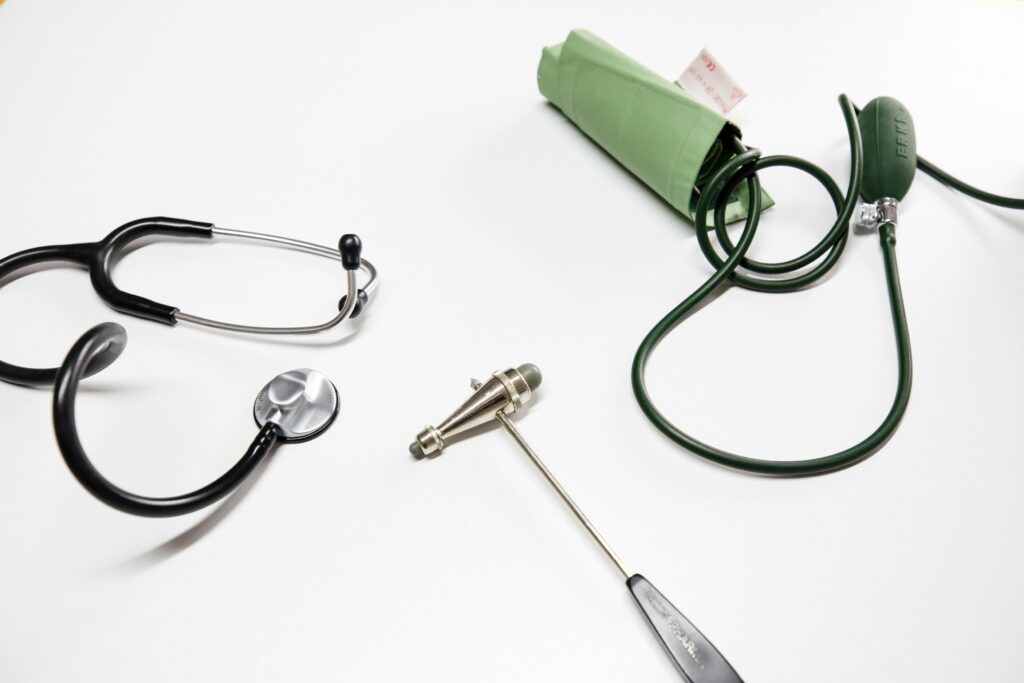
Taking charge of your health isn’t just a one-time decision; it’s an ongoing process that pays off in countless ways. Regular check-ups, preventive screenings, and staying informed about your body’s changes help create a strong defense against illness. As noted by Mary Huntly, proactive care allows individuals to catch potential issues early, often before symptoms even appear.
This not only reduces the risk of serious health problems but also lowers long-term medical costs and improves quality of life. By embedding health habits into your routine and removing barriers to access, you can build a lifestyle that supports longevity and vitality.
Why Proactive Health Care Matters
Taking a proactive approach to health means acting before problems arise rather than reacting to symptoms after they appear. It’s the difference between maintaining a well-functioning system and having to fix it once it breaks. Preventive health care focuses on regular monitoring and lifestyle adjustments that help lower the risk of disease.
Choosing to stay ahead of your health can lead to fewer medical surprises and more control over long-term outcomes. Someone who regularly checks their blood pressure and cholesterol levels is more equipped to avoid complications than someone who waits until symptoms demand attention. This kind of consistency builds a strong foundation for lifelong well-being.
What Happens During Routine Check-ups
Routine health exams provide a snapshot of how your body is functioning at a given time. These visits typically include checks on vital signs, lab work, and screenings that help monitor key indicators like heart health, blood sugar, and cholesterol levels. Dental and eye exams also play an essential role in spotting early issues that might go unnoticed day to day. Physicians may also ask about sleep patterns, stress levels, or changes in appetite to get a well-rounded view of your health.
A yearly physical can often catch subtle changes like gradual weight gain, irregular heartbeat, or rising blood pressure that may not feel urgent but could signal deeper problems. By keeping track of these markers consistently, doctors can identify trends and intervene early if something starts to shift in the wrong direction. These small insights often lead to early and less aggressive treatments, which are typically more successful and easier to manage.
The Benefits of Early Detection
that spotting a condition early can dramatically change the outcome. A person diagnosed with high blood pressure in its early stages can often manage it with diet and exercise alone, avoiding medication or more serious complications down the line. Early detection puts time on your side and allows for less invasive treatment options. It also provides mental clarity and relieves the burden of uncertainty that can come with undiagnosed symptoms.

Delaying care often leads to more complex and costly interventions. A minor issue today, if ignored, can become a major problem tomorrow. Preventive care helps reduce emergency visits, missed work, and the emotional stress that often accompanies advanced illness. Staying ahead of potential health problems is not just smarter, it’s also more sustainable. In many cases, early action preserves quality of life by maintaining independence and functional ability.
Making Consistency a Health Habit
Building a routine around your health doesn’t have to feel like a chore. Scheduling annual check-ups at the same time each year, such as during your birthday month, can help make it easier to remember. Some people find that linking appointments to personal milestones or seasonal changes keeps them on track without needing constant reminders.
Technology can make a big difference, too. Setting up alerts on your phone or syncing appointments with a digital calendar reduces the chance of forgetting. What starts as a small habit can become a natural part of your lifestyle, offering peace of mind that you’re staying on top of your well-being. Even keeping a simple health journal or tracking changes in a mobile app can make the process more engaging and insightful.
Overcoming Barriers
Many people skip doctor visits because they feel healthy, but waiting until something feels wrong can limit their options. Others face challenges like high costs, hectic schedules, or anxiety about medical settings. These roadblocks are common, but they’re not insurmountable. Sometimes, even a lack of transportation or child care can prevent someone from seeking help when they need it most.
Mary Huntly understands that community clinics, mobile health units, and telemedicine platforms have made it easier to access care without needing to travel far or take time off work. In some neighborhoods, local health fairs offer free screenings and consultations, giving people a chance to check in without the pressure of a formal appointment. Support from employers or community programs can also encourage more consistent care by reducing financial and logistical hurdles.












